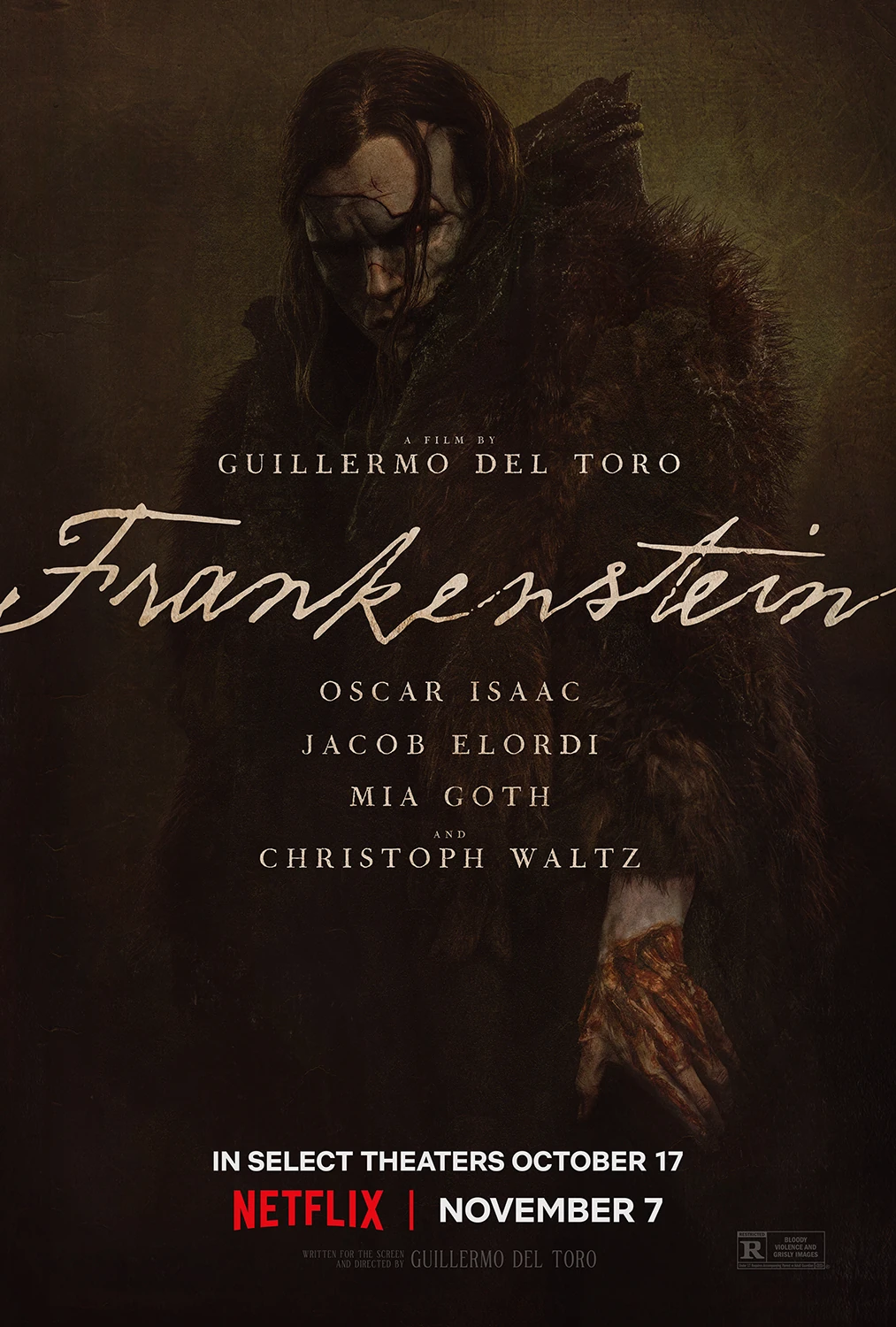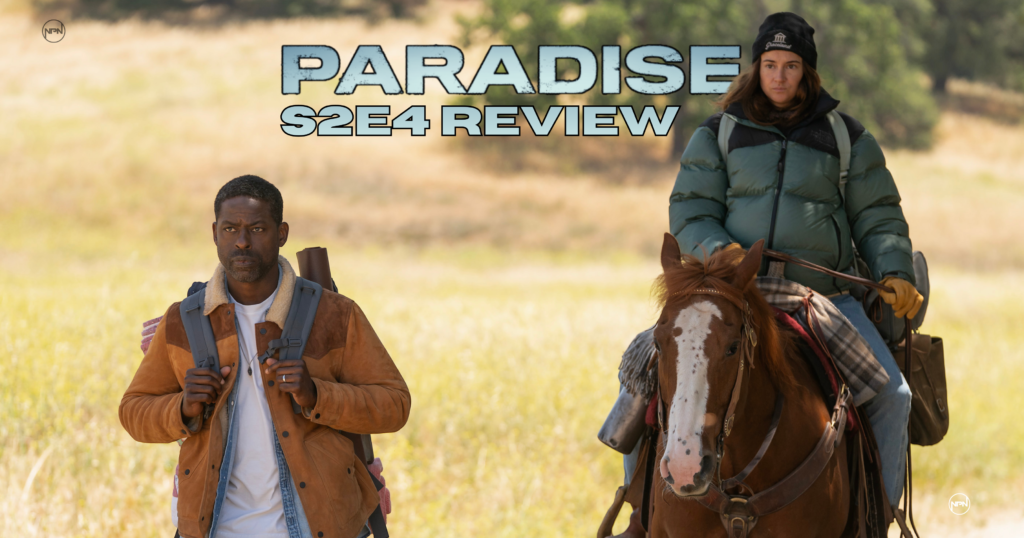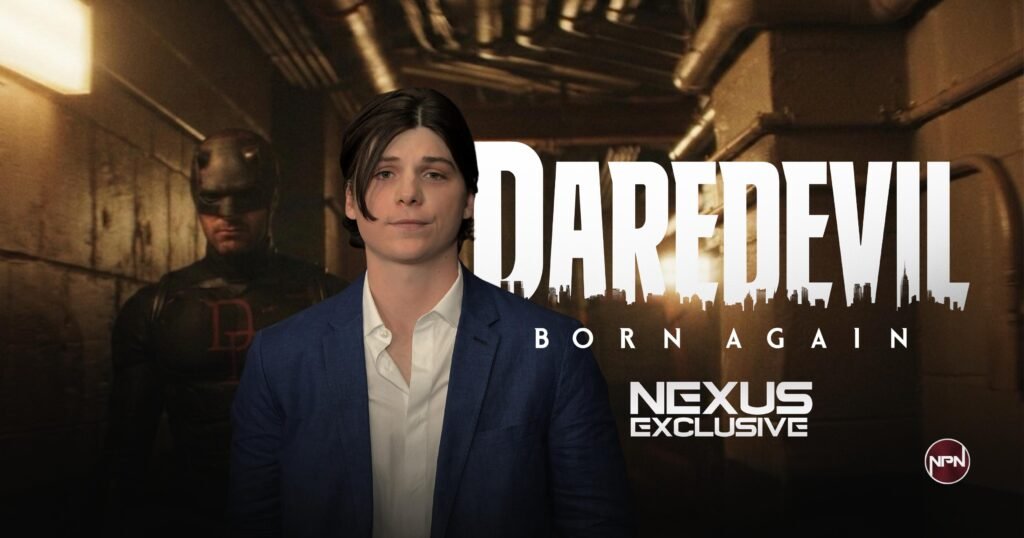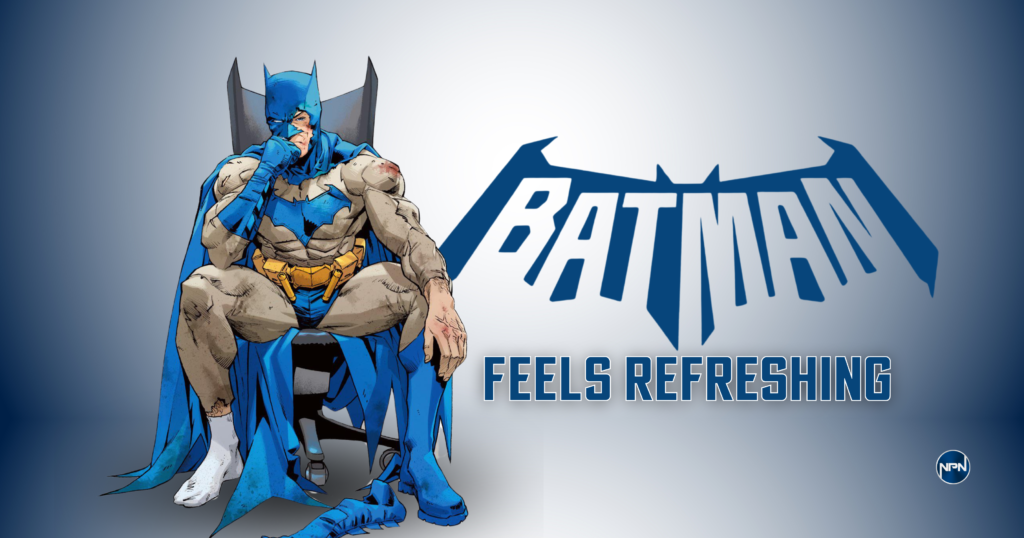
Frankenstein is, by his own admission, Guillermo del Toro’s lifetime project. The phrase is a death trap of sorts. How could one ever live up to their own expectations, nevermind those of the audience of Mary Shelley’s beloved 1818 novel? It helps, then, that del Toro’s version was my first in-depth jaunt into the world of Frankenstein, meaning the below consideration of del Toro’s iteration was taken at face value, and, for better or worse, with little influence of previous versions. Regardless, here is del Toro’s dream realised, and while it carries some of the Mexican director’s signature stamps of excellence, its most impressive parts, namely its sorrowful reimagining of the creature, are unfortunately stunted by its own attempts at perfection.
Like Shelley’s novel, del Toro begins his tale with a flash forward to the end. The creature, played in this iteration by a transformed Jacob Elordi, stalks around a ship frozen in sheets of Arctic ice, bellowing a single demand: “Bring him to me.” The man he desires is the eponymous Victor Frankenstein, played by Oscar Isaac, who is gravely injured and seeking refuge in the ships cabin. There is a debt to be vanquished here, one that tortures the creature and plagues Victor. Before long, we’re reeled back in time, and del Toro’s interpretation of the pairs genesis begins.
We go first to Victor’s childhood, where he suffers at the hands of a regularly absent yet equally abusive father. His mother, one of two roles played by Mia Goth, dies after the birth of Victor’s brother, William, and from this loss Victor’s obsession with cheating death, and his descent into infamous mad scientist, begins. He tries and fails to convince a medical board of his death-reserving abilities, before he catches the eye of Henrich Harlander (Christoph Waltz), a wealthy arms dealer and uncle to Elizabeth, again played by Mia Goth, the fiancee of his brother William. With Harlander’s support (or, endless money), Victor’s life-giving dream is realised, and his Monster is born.
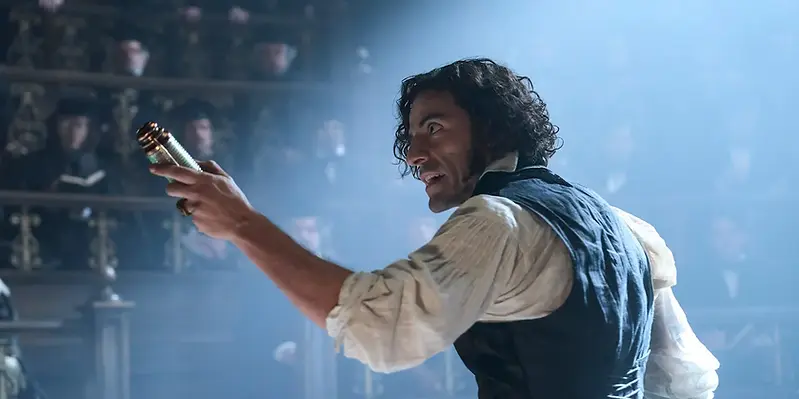
Unfortunately, much of the film’s weakness lies in this early stretch. While it’s easy to be immediately taken by the film’s aesthetic, with Kate Hawley’s ravishing, gothic costumes (particularly those worn by Goth) coming to life against the intricate, lived-in set pieces from Tamara Deverell, Victor’s origin story is exposition heavy and feels too drawn out. Isaac does relatively well at the centre: his doctor is wild and frantic as he dissects swarms of cadavers in the underbellies of Victorian England, his morbid indifference to the act characterised by careless steps through rivers of human blood. But his performance is occasionally uneven, teetering between calculated genius and operatic madness without fully grounding either.
Frankenstein flourishes, however, when its focus shifts to Victor’s creation. Sewn together from an army of dead soldiers, his towering monster is born in a spectacular creation scene: a storm rages outside as a frenzied Victor readies himself to play God. With a bolt of lightning, he achieves the impossible. Death is cheated, and life is thrust into the reassembled body of a mere mortal. Victor meets his creation like a father would his new-born son, with marvelling reverence. But he grows frustrated with the creature’s slow development, and before long, chains him to a slab in his basement. Hidden away from the world, and capable of speaking only the name of his creator, the creature despairs at his abandonment. It’s in these early scenes that Elordi exhibits some of his most masterful character work, imbuing the creature with a childlike innocence under his towering, marionette-like physicality.
It’s easy to see how this treatment might make a monster, yet the consistent tenderness brought to the role by Elordi can’t help but evoke absolute sympathy for the creature. This compassion is felt by Mia Goth’s aloof Elizabeth too, who, through a performance that is passable but lacking her usual brilliance, anguishes at the creature’s abuse in a way that mirrors our own. It’s even suggested that she falls in love with the creature. After all, she sees him for what he is: a man who had no choice in his creation, yet does his best to enact kindness in a world that doesn’t, and will never, accept him.
It’s this romanticism that del Toro chooses to emphasise over much of the story’s horror that creates an unfortunate polished and commercial quality. This isn’t an all–out criticism of the films craftsmanship by any means, as Frankenstein bears all of del Toro’s signature meticulous, hand-crafted detail, reminiscent of Pan’s Labyrinth (2006) and The Shape of Water (2017). Returning cinematographer Dan Laustsen conjures up some beautiful images, one in particular setting the creature’s silhouette against a blooming Arctic sunrise, and the score from Alexandre Desplat is just as stirring as you could imagine. This is a world that feels lived in and capable of conjuring the cruelty that Shelley’s novel requires, but a commitment to the more macabre elements of the canon might have pushed Frankenstein from good to great.
That being said, there is certainly much to love about del Toro’s Frankenstein. While the creature might be the crowning achievement of Victor’s life for only a short period, Jacob Elordi’s take on Frankenstein’s monster is undoubtedly the consistent heart and soul of this film, and the definitive triumph of Elordi’s career. Through him, del Toro constructs a tragic yet gentle meditation on otherness that warns against the dangers of unchecked ambition. It welcomes reflection on what it means to be human, and considers that in life, there are rarely monsters, only the cruelty of man. Summed up best by the creature himself in a warning to Victor: “if you will not afford me love, then I will rage.”
